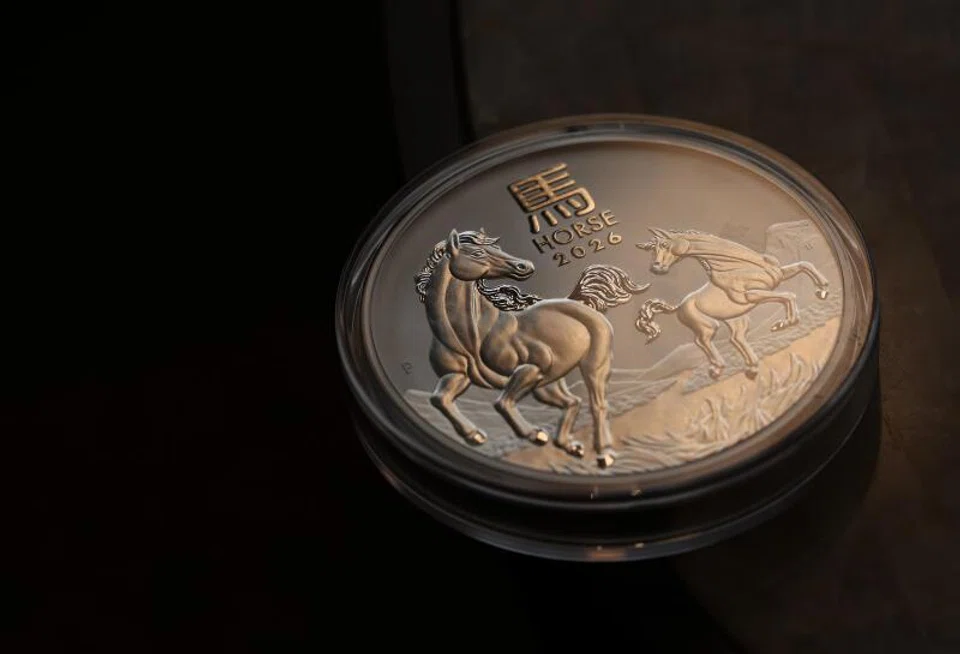Gold and bitcoin are proven and reliable stores of value, right?
Gold and bitcoin (aka digital gold) are often considered a store of value, but important changes in the market structure of both assets may overwhelm this quality. At least temporarily.
Let’s take gold.
The decades old narrative taught in almost every economics course is that gold is a hedge against inflation. Simply put, there is a limited supply of this yellow metal and an increasing supply of fiat currency. The conventional wisdom has been: if you hear the sound of the money printing press starting to fire up, buy gold.
This relationship decoupled spectacularly around 2022. Investors had been following the same pattern for over a decade of buying gold when they think central banks will cut rates, and then selling gold during monetary tightening cycles.
The problem is that, since 2022, gold went the other way. Gold prices have been trending higher for about two years despite investors (proxied by U.S. ETF holdings) continuing to sell gold as the Fed hiked rates.

This decoupling happened because there was a change in market structure: Asian central banks roughly doubled their gold purchases around the time Western countries seized Russia’s FX reserves following the Ukraine conflict. Fed policy, inflation expectations, and all the usual arguments for traditional investors to buy gold probably have no influence on the cycle of accumulation – and eventual use – of their gold reserves by these governments. In other words, gold may no longer act as a “store of value” from the perspective of a Western investor.

We’re witnessing something similar with bitcoin.
The approval of crypto ETFs in the U.S. could represent a similar disruption in market structure as the one seen in gold. It could shift the narratives around bitcoin from a store of value closer to a traditional investment asset. In other words, it’s possible that ETF investors are following different narratives and demand functions (say, portfolio rebalancing or disposable income) to crypto native investors, in a similar way that Asian central banks buy gold for different reasons than traditional investors. Indeed, the recent ETF flow data and bitcoin price seems to support this conclusion. The ETFs were steadily attracting inflows during the first months since inception despite the wild fluctuations in price.
Does this mean that gold and bitcoin are no longer a store of value assets?
Not necessarily.
Narratives can co-exist, shift, weaken, and take turns to lead prices. However, the presence of new, large and different investor sets in both these markets is likely to dilute original narratives and change how prices react to macro events.
It might be time to review some of those economics courses.
Nilesh Jethwa
Chief Executive Officer – Marex Solutions Division




